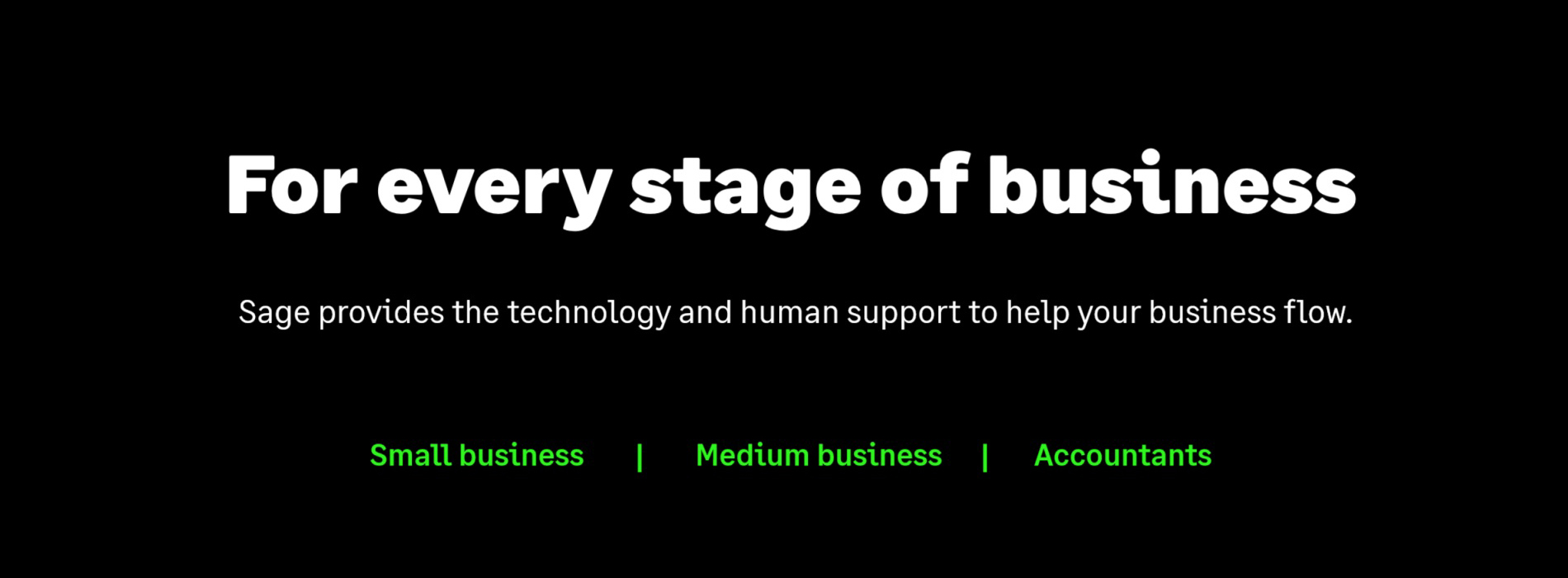It’s become something of a cliché to say that the COVID-19 pandemic has changed, and is changing, the world; that the world that was – socially, economically and even politically – in January 2020 will be very different to the world that will be in January 2021.
Business has been hit hard and executives, including CFOs, are having to find new and innovative ways to navigate the rapidly evolving business environment.
But the truth is that CFOs have long been grappling with a changing business and financial environment. The days when a CFO’s role was largely historical – balancing the books and preparing the financial statements for the previous financial reporting period, even if a cursory attempt was made to use those numbers to predict the future – are long gone.
That was what could be termed CFO 1.0 – and this evolved into CFO 2.0. Pre-COVID-19, most financial executives fell into this category, using automated processes and financial management systems to analyse the data in a concerted effort to map the road ahead more accurately.
However, even before the COVID-19 hit, some CFOs had recognised that the world was changing, and that with digital transformation drawing on the emerging technologies of robotic process automation (RPA), machine learning (ML), artificial intelligence (AI), and predictive analytics, it was something that probably needed to be taken seriously. After all, much of the mundane, number-crunching tasks of CFO 1.0 and even some of CFO 2.0 functions were increasingly being done by computers – effectively leaving today’s CFOs with time on their hands to use their skills more productively, creatively and intuitively.
The widespread changes wrought by the pandemic – changes in the way we work (increasingly remotely), the expectations of our customers, the availability of new digital tools and in many respects, the nature of business itself – have accelerated the need for and pace of digital transformation. And this is presenting CFOs with a host of other challenges in terms of governance, compliance and security.
Faced with this changing environment, today’s CFO is having to evolve – and evolve rapidly. They are doing this by using their skills to help drive their organisations’ transformation.
Digital transformation, it seems, is no longer the preserve of the CIO. A recent Sage survey of 311 senior South African in-house financial decision-makers found that while it’s the CEO who drives the overall transformation strategy in three-quarters of their businesses, 90% of the respondents already play a key role in their organisation’s digital strategy. An astonishing 15% reported that they were fully responsible for the shift.
This clearly indicates that the role of the CFO is changing. Indeed, to survive in today and tomorrow’s world, CFOs are evolving from CFO 2.0 to CFO 3.0.
What does this mean?
It means that CFOs are playing a more versatile role than ever before, merging their accounting skills with analytics, business management and strategic thinking. In fact, the entire finance function is now core to business strategy.
With more time for critical analysis and greater access to tools that enable real-time analytics that can improve decision-making, accurate forecasting, metrics-backed planning and enhanced data governance, CFO 3.0s are ideally placed to make a meaningful contribution to their organisations’ strategic direction.
At the same time, CFO 3.0s also have to concern themselves with their traditional responsibilities: ensuring compliance with ever evolving and complex data protection and management legislation, as well as increasing reporting demands.
As remote working becomes mainstream in the wake of the COVID-19 pandemic, this traditional role has become more complex. Now CFOs must cope with the demands of ensuring compliance, protecting data and reducing the risk of fraud across a scattered workforce and potentially porous networks.
It is a big ask, but there are technologies, including automation technologies, that can enhance data security and verification while reducing the risk of data breaches. Many organisations were considering their adoption before the pandemic; now adoption is no longer an option. The world has changed and they must adapt.
By adopting automation, CFO 3.0s can reduce the time they spend collecting and preparing data. South African CFOs have been quick to recognise this. According to the Sage Survey report, 64% of South African CFOs spend more time analysing data than they do gathering and processing it, compared to 50% of their counterparts in the UK.
In addition, the survey found that almost 66% of the respondents expect technology will soon be able to audit results continuously and to automate reporting. The use of these predictive analytics-based technologies will thus further contribute to the changing way in which CFO 3.0s will operate within their organisations.
More importantly, perhaps, access to this critical data on a continuous basis will have a profound impact on the insights needed to chart the organisations future course and strategy.
There is no question that digital transformation is challenging. But by embracing the latest advances in technology, today’s CFO will be well placed to shape and deliver their organisation’s strategy, helping it to adapt to the demands of a post-COVID-19 world.
Share

